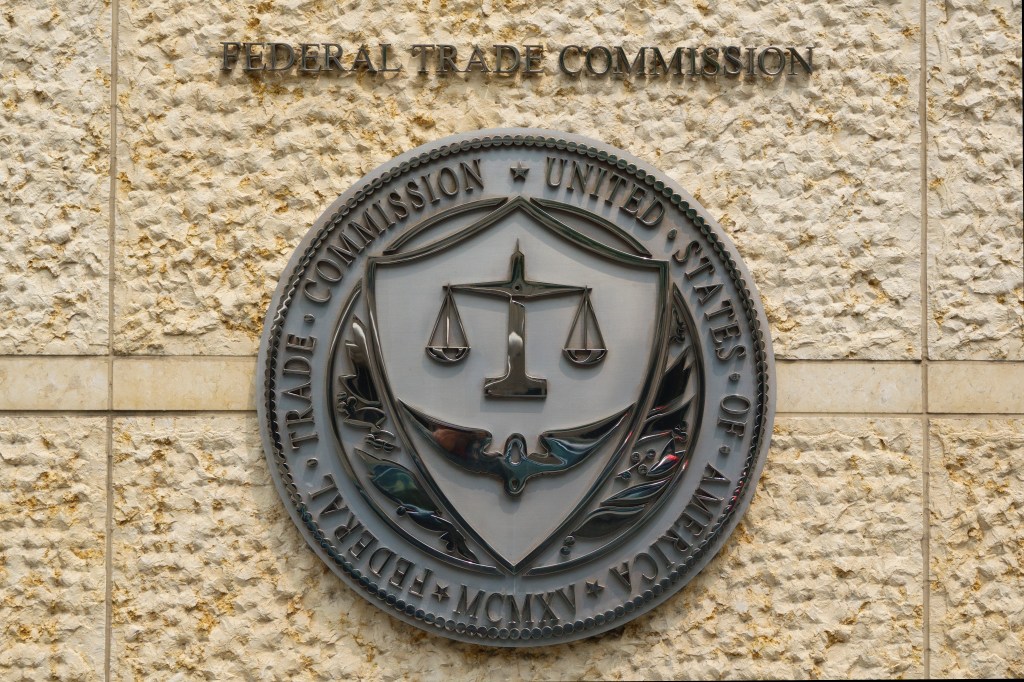Brazil hosted the G20 Anti-Corruption Ministerial Meeting (G20 Ministerial Meeting) on October 24, 2024, as part of the G20 Anti-Corruption Working Group (GTAC) agenda. This forum brings together the world’s largest economies. Representatives from various countries, including Portugal, Argentina, France, Switzerland, Australia, Spain, as well as the European Union, and nations from
Register for free to keep reading
To continue reading this article and unlock full access to GRIP, register now. You’ll enjoy free access to all content until our subscription service launches in early 2026.
- Unlimited access to industry insights
- Stay on top of key rules and regulatory changes with our Rules Navigator
- Ad-free experience with no distractions
- Regular podcasts from trusted external experts
- Fresh compliance and regulatory content every day













